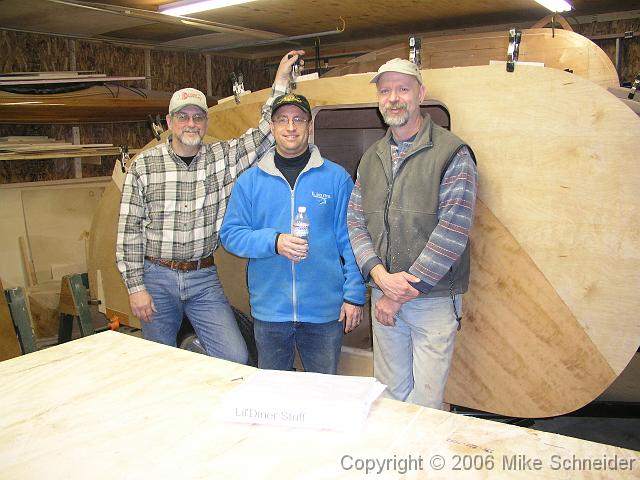Battery Isolator
51 posts
• Page 3 of 4 • 1, 2, 3, 4
Re: Battery Isolator
One does not even need to bridge rectifier to charge two batteries, two simple diodes will do the same thing.... Remember voltage/current only flows one way through a diode.... Think if it as a check valve to in a water system or a air system...
http://www.the12volt.com/diodes/diodes.asp
Dale
http://www.the12volt.com/diodes/diodes.asp
Dale
Lives his life vicariously through his own self.
Any statement made by me are strictly my own opinion.
You are free to ignore anything I say if you do not agree.

Any statement made by me are strictly my own opinion.
You are free to ignore anything I say if you do not agree.

-

Dale M. - 2000 Club

- Posts: 2693
- Images: 18
- Joined: Thu Jun 09, 2005 8:50 pm
- Location: Just a tiny bit west of Yosemite National Park
Re: Battery Isolator
Dale M. wrote:One does not even need to bridge rectifier to charge two batteries, two simple diodes will do the same thing.... Remember voltage/current only flows one way through a diode.... Think if it as a check valve to in a water system or a air system...
http://www.the12volt.com/diodes/diodes.asp
Dale
Don't forget that there are amps running through the diode 0.7V forward bias voltage drop. That means there is 7 watts of waste heat generated for every 10 amps that runs through the diode so you'll need to add heat sinks. That's why commercial versions are sinked so much:
I've got a #6 running from the truck battery to the RV plug and #10 wires back from there to the trailer batteries. I don't often get above 13.8 volts at my trailer battery so the isolator wouldn't work in my scenario; 13.1 volts doesn't hardly charge a battery.
Bruce
2009 6.5'X11' TTT - Boxcar
All it takes is a speck of faith and a few kilowatts of sweat and grace.

Boxcar Build
aVANger Build
All it takes is a speck of faith and a few kilowatts of sweat and grace.

Boxcar Build
aVANger Build
-

bdosborn - Donating Member
- Posts: 5595
- Images: 806
- Joined: Wed May 05, 2004 11:10 pm
- Location: CO, Littleton

